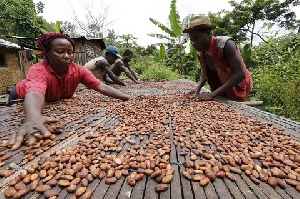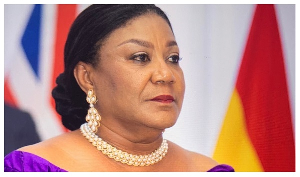A Reuters poll of London cocoa futures forecast cocoa would cost 10% less at the end of the year, because of rising production and a hit to demand from the coronavirus crisis.
But chocolate bars will not necessarily get cheaper partly because the price of cocoa is only one ingredient in the mix that makes up the retail price.
DEMAND HIT BY LOCKDOWNS
The impact of coronavirus lockdowns curbed impulse buying of chocolate, as people focused instead on stocking up on essentials. And a bleak economic outlook is expected to hit demand for luxuries like chocolate in coming months, while sales at celebrations such as Halloween are likely to be weaker than normal.
NOT JUST COCOA
Apart from cocoa, there are lots of other costs which contribute to the price of chocolate bars. These include other ingredients such as sugar and sometimes milk or nuts as well as packaging, marketing, transportation, taxes and retailer margins. The cost of cocoa, is therefore, just one element in determining the price.
PREMIUM COCOA
Chocolate makers do not generally buy their cocoa on the futures markets in London and New York which attract cocoa which meets the futures contracts’ specifications but is not high enough quality for many of their products.
The manufacturers buy instead in the physical market where they generally have to pay a premium for the quality they need. In the upcoming 2020/21 cocoa season, which begins on Oct. 1, chocolate makers will also pay an additional $400 a tonne for supplies from top producers Ivory Coast and Ghana as part of a plan to combat farmer poverty.
PRODUCT ADJUSTMENTS
Chocolate makers often prefer not to change the price of a product but are more likely to adjust size or quality.
The makers of Toblerone, for example, in 2016 introduced larger gaps between the triangles of certain sized bars after a rise in the cost of ingredients but later changed them back.
More subtle changes can also be made, such as thinning or thickening the chocolate coating on some confectionery products.
Click to view details



Business News of Wednesday, 5 August 2020
Source: reuters.com

















